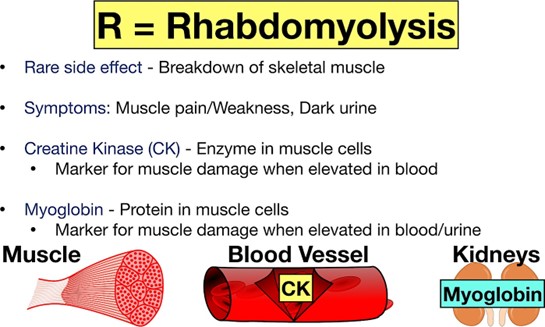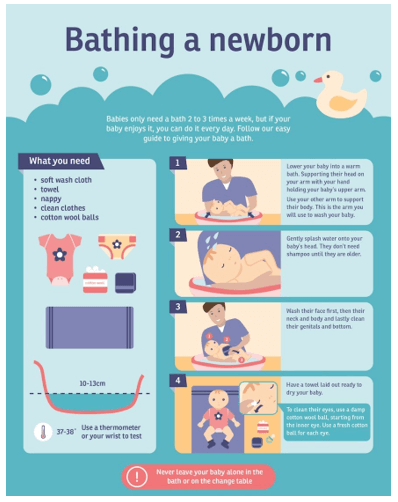A nurse enters the room of a school-age child and finds them on the floor experiencing a tonic-clonic seizure. Which of the following actions should the nurse take?
Turn the child onto their back.
Restrain the child's upper extremities.
Place a padded tongue blade in the child's mouth.
Place a pillow under the child's head.
The Correct Answer is D
The correct action to take in this situation is to place a pillow or cushion under the child's head.
This will help protect the child from injuring their head during the seizure.
It is important not to turn the child onto their back during a seizure, as this can obstruct the airway and potentially lead to respiratory distress.
Restraining the child's upper extremities is also not recommended, as it can cause injury to the child or the person trying to restrain them.
Placing a padded tongue blade or any object in the child's mouth is no longer recommended during a seizure. Doing so can cause injury to the child's mouth or teeth and is not necessary for seizure management.
Nursing Test Bank
Naxlex Comprehensive Predictor Exams
Related Questions
Correct Answer is D
Explanation
Atorvastatin is a medication used to lower cholesterol levels in the blood. One of the potential adverse effects of atorvastatin is myopathy, a condition characterized by muscle pain, weakness, and tenderness. In severe cases, myopathy can progress to rhabdomyolysis, a potentially life-threatening condition in which muscle breakdown products are released into the bloodstream and can cause kidney damage.
Therefore, the nurse should instruct the client to monitor for muscle pain, weakness, or tenderness and report these symptoms to the healthcare provider immediately. Hypoglycemia, palpitations, and daytime drowsiness are not commonly associated with atorvastatin use and would not require immediate reporting to the healthcare provider.

Correct Answer is C
Explanation
Explanation:
Sponge baths are recommended until the umbilical cord stump falls off, which typically occurs within the first two weeks of life. After that, the baby can be immersed in water for a regular bath.
Using talcum powder is not recommended as it can be harmful to the baby's respiratory system if inhaled. Mild, pH-balanced soap should be used instead of alkaline soap to avoid irritating the baby's delicate skin.
The bathwater temperature should be around 98 degrees Fahrenheit and not hoter than 100 degrees Fahrenheit to prevent burns.

Whether you are a student looking to ace your exams or a practicing nurse seeking to enhance your expertise , our nursing education contents will empower you with the confidence and competence to make a difference in the lives of patients and become a respected leader in the healthcare field.
Visit Naxlex, invest in your future and unlock endless possibilities with our unparalleled nursing education contents today
Report Wrong Answer on the Current Question
Do you disagree with the answer? If yes, what is your expected answer? Explain.
Kindly be descriptive with the issue you are facing.
